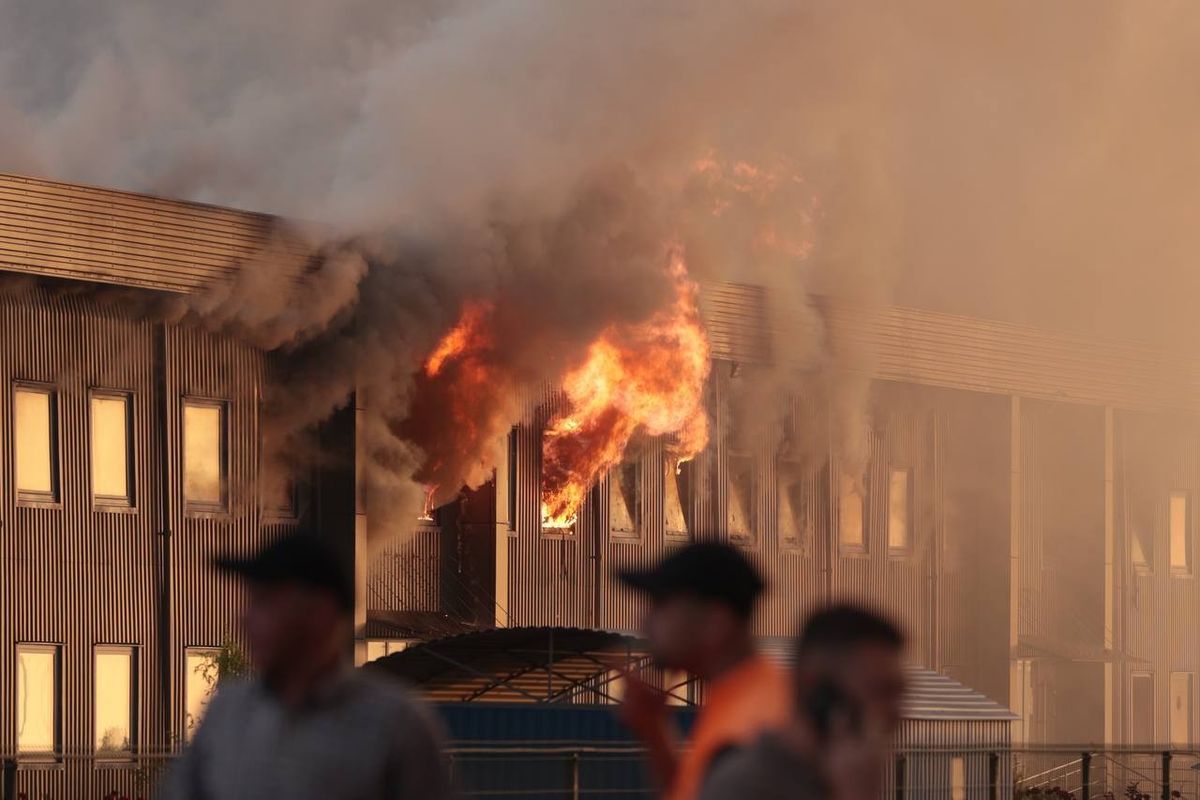OPINION — More than two months into the conflict between Russia and Ukraine, a number of key security developments have emerged, some of which have broken old traditions and created new opportunities.
One of those developments is the unorthodox use of intelligence by the United States and other Western partners that enabled the Ukrainian military to operate more effectively on the battlefield against Russian forces. This tactic included the sharing of information that assisted in more precise targeting in light of the advance of Russian forces.
Western-supplied intelligence also appears to have made positive contributions toward indications and warnings of Russian military operations, propaganda efforts, and possible cyber threats, in addition to the use of intelligence to shape public perceptions based on insights about President Putin’s mindset or other Russian leadership intentions.
While some of this intelligence activity appears to be backed by a deliberate and thorough process to declassify previously sensitive intelligence and use it for these purposes, there have been other instances in which intelligence has been leaked to the media without Western government approval.
Regardless of the nature of how Western-supplied intelligence has been used to support Ukrainian efforts and advance policy objectives against Russia, one could argue that the speed, volume, and pace of these intelligence disclosures is unprecedented in the annals of modern conflict. While traditionally, intelligence supports diplomatic efforts, law enforcement investigations, military operations, financial enforcement, and other instruments of national power, it is usually done quietly and without much public revelation absent unauthorized disclosures or the selective declassification of intelligence at discrete moments in time. What has been occurring over the past few months as a result, seems different and raises a number of issues going forward about the sustainability of this approach.
On the positive side, the heightened scope of intelligence sharing appears to be making a significant impact in the fight against Russia in Ukraine. While difficult to determine from the outside, Ukraine’s ability to contest the Russian military so far, may in part, be driven by Western-supplied intelligence. Actionable intelligence allows for a better understanding of the fluid and dynamic battlefield environment and has provided Ukraine with the opportunity to better direct its capabilities against Russian forces more precisely and effectively.
Western-supplied intelligence also has been effective at exposing Russian leadership intentions and demonstrating to multiple stakeholders that Moscow’s designs on Ukraine are ruthlessly brutal and that Putin’s ambitions are cruel and unyielding. And according to multiple media reports, the sharing of Western-supplied intelligence has facilitated warnings of possible Russian cyberattacks against a range of different targets in Ukraine.
Today’s constant barrage of information makes it easy for countries to wage disinformation campaigns and your emotions are the weapon of choice. Learn how disinformation works and how we can fight it in this short video. This is one link you can feel good about sharing.
While these are just some of the positive contributions that these intelligence-sharing measures appear to have made, there are also risks and consequences to consider.
Given the volume and speed of intelligence-sharing coupled with unauthorized disclosures, intelligence leaders and policymakers need to calibrate the sustainability of these efforts going forward.
Every public release of sensitive intelligence raises the possibility of lost access to previously fragile or unique collection sources (whether human, technical, etc.) and a change in behavior by Russia to further prevent such collection—thereby making it harder to understand Russian activity in the future.
In addition, the narrative that the West has ramped up and accelerated intelligence-sharing efforts with Ukraine could enable Russia to seek similar measures with other countries whose interests are likewise inimical to the United States. China and Iran could choose to collaborate more formally on intelligence-sharing and pool their combined resources.
Lastly, reports that Western-supplied intelligence has contributed to the killing of Russian generals may further push Putin to attempt to retaliate in-kind or escalate the conflict in ways that seek retribution for these senior leadership losses in Ukraine.
On balance, the rapid and broad nature of intelligence-sharing by the United States and the West to support and enable Ukraine’s fight against Russia is a worthwhile cause and appears to have helped Ukraine mount an effective resistance. But these efforts do not come without risk and taking steps to mitigate against the loss of intelligence collection or how the disclosures are impacting Putin’s decision-making calculus will be important considerations going forward.
Read more expert-driven national security insights, perspective and analysis in The Cipher Brief because National Security is Everyone’s Business.
Sharing informed opinions is important. Opinion pieces represent the diverse views of The Cipher Brief audience and do not represent views of The Cipher Brief.













